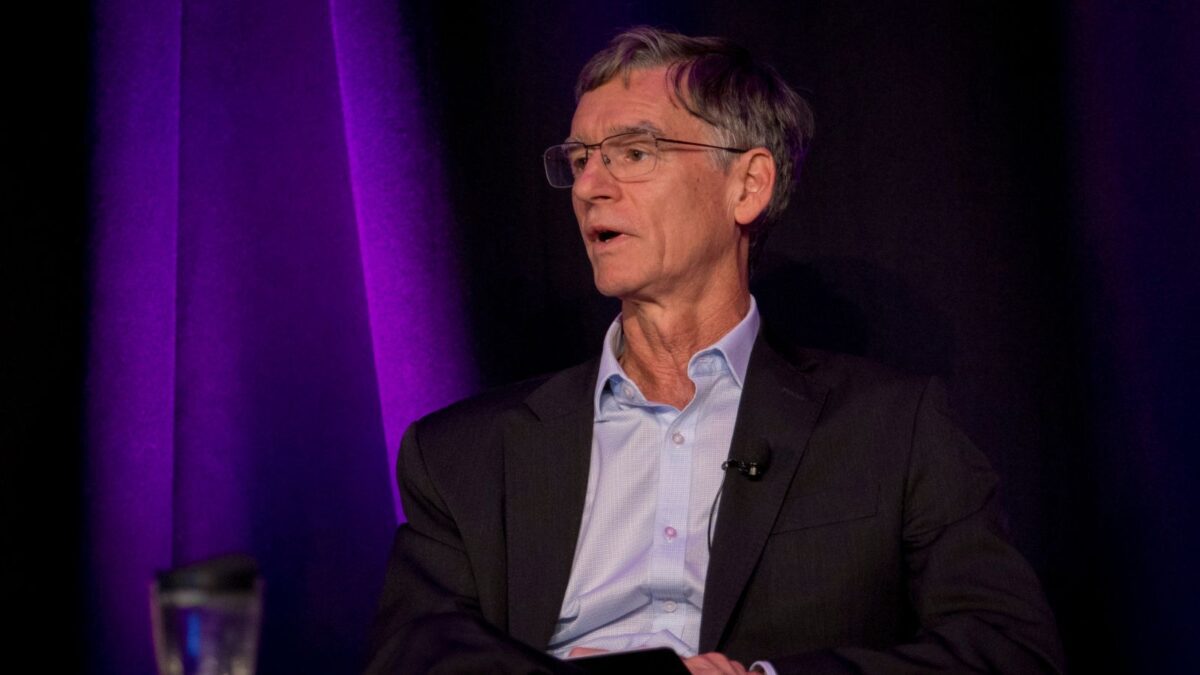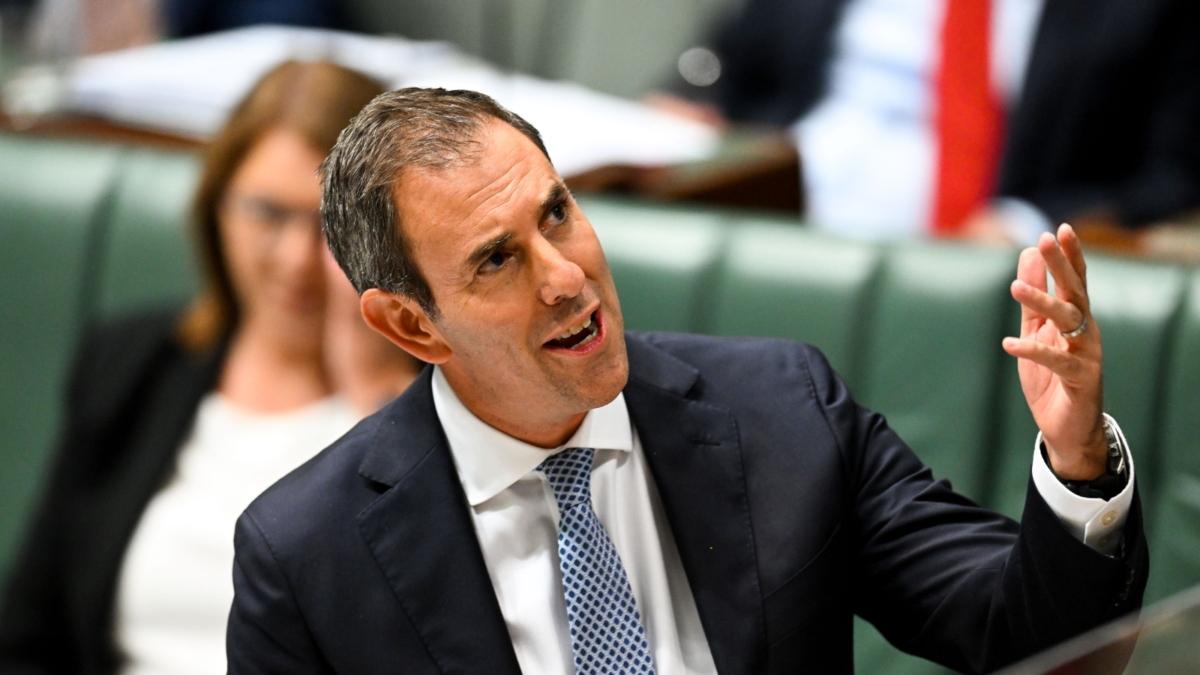FFTW getting into gear for new defensive strategies
(Pictured: Rob Harrison)
Fischer Francis Trees & Watts, the US-based bond manager controlled by BNP Paribas Investment Partners, is looking to increase its marketing efforts in Australia to coincide with the search by super funds for alternative defensive assets.
Rob Harrison, the global head of FFTW and North American head for BNPP IP, said last week the firm was in a good position to help larger super funds customize their fixed interest portfolios to suit the changing environment. About 65 per cent of FFTW’s business is providing a range of fixed interest strategies for central banks and official institutions.
Harrison, an Australian who was the senior representative for BNPP IP in Sydney for 12 years before taking on his current roles in New York in February last year, was in Australia for the ASFA conference in Perth.
“At some time in the future we will see interest rates rise,” he said. “Australian fixed interest has been a great performer for 20 years. Now, going global is the best way to diversify. There is a much bigger opportunity set in loans, credit and so on.”
Unlike its big competitor PIMCO, FFTW is not about to launch a retail business strategy in Australia, Harrison said. He believes there is considerable demand in the institutional space, especially for products which are inflation linked.
“When I moved over to New York about 20 months ago, I was given the target to rebuild the firm, recognizing its history, culture and strengths. The areas which needed to be addressed were team stability, leadership and the product suite. I think we’ve done that.”
The day Harrison arrived at his desk in New York, most of FFTW’s emerging market debt team walked. That was his first and unexpected challenge. They were replaced by a team from the State Street-owned boutique Rexiter and FFTW took the opportunity to better integrate the new portfolio managers in with the rest of the fixed interest operations.
“This has been very successful,” Harrison said. “We’ve put in place an appropriate compensation structure across the company. The team is right. We’re building on the culture of innovation. We’ve come up with some interesting ideas about what we can provide… We’re encouraging an intellectual collaborative environment.”
He said FFTW sees itself as an unconstrained fixed income manager, but traditional bond management, focused on duration, “shouldn’t be taken off the agenda”.
“In the US there is more demand for fixed interest now than before. Partly this is due to defined benefit funds getting serious about their liability matching. There are also lots of questions around duration. There’s a lot more demand for shorter duration strategies, such as one to 10 years rather than one to 30-year benchmarks.”
FFTW was formed in 1972 by three former Brown Brothers Harriman bond managers: Richard Fischer, Stephen Francis and John Watts, as well as Harvard academic James Trees. The firm became affiliated with BNPP IP in 1999 and a wholly owned subsidiary in 2006. It has US$52.5 billion under management (as at September 30).








